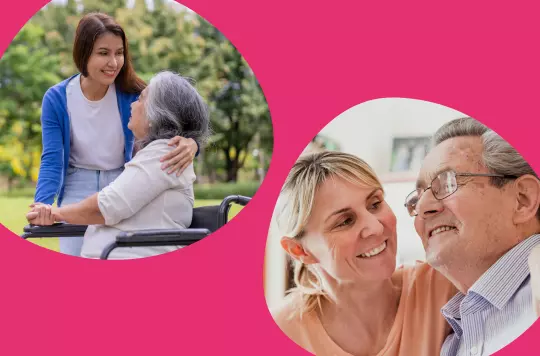No One Alone: Ideas
Transforming Loneliness and Social Isolation
Making small changes to your weekly programme can have a big impact on everyone involved.
This page will focus on proven responses and will signpost you to resources and offer ideas to implement in your local setting. These include resources for:
- Activity-based groups
- Community engagement
- Age-specific resources
Spend time thinking about which of the identified vulnerable groups you want to support more in your corps. For example, in your fellowship there may be university students wanting to connect over shared passions, so offering an activity-based group may offer opportunity to build friendships. If you need a reminder of the vulnerable groups, find the list here.
Activity-based groups
Participating in activity-based groups is a proven way to build community connections. This might be exercise groups, creative clubs or joining together musically. Here is a small selection of group ideas that might spark more ideas.
More activity-based groups

An art resource that helps people explore the Psalms creatively using colouring sheets

An art resource that helps people explore the 'I Am' statements creatively using colouring sheets
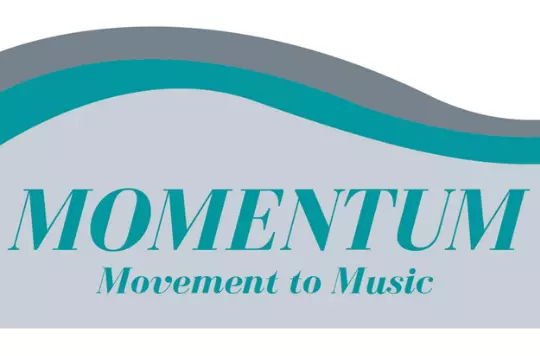
Gentle armchair based movements with music and Scripture for older people.
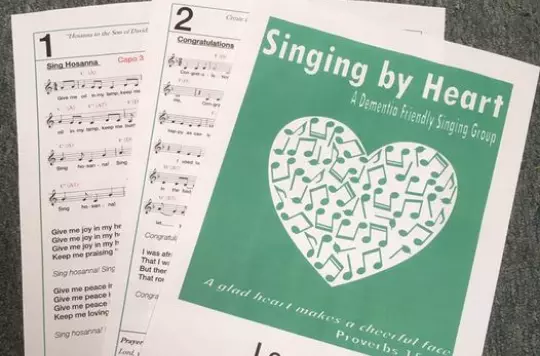
Using the power of music, especially singing, to unlock memories as a key feature of dementia care.
Older People's Ministries Courses and Resources
Older people suffering with loneliness and isolation present a unique set of challenges. Older People’s Ministries run specific courses to equip leaders with the necessary skills to facilitate social connection for this age range.
Get in touch to find out more: olderpeopleministries@salvationarmy.org.uk
A Closer Look at
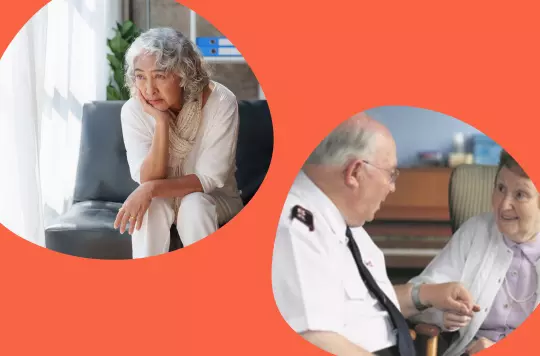
Older People's Ministries takes a closer look at Loneliness and Isolation.
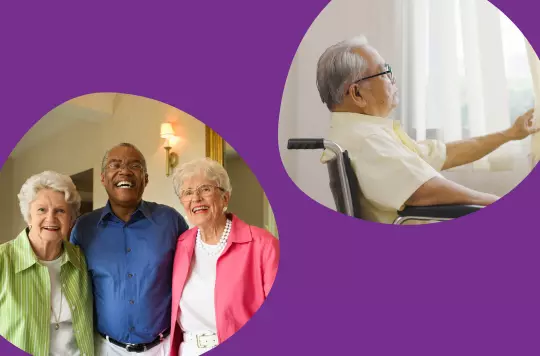
The Older People's Ministries takes a closer look at a variety of topics related to ageing.
Children and Youth Resources
Loneliness and social isolation can affect anyone at any age. This issue can start at any stage of life, but research has found it is particularly prevalent in young people between 16-24 years old. The Salvation Army Children and Youth Department has created resources to support young people through these emotions and other big life stages.
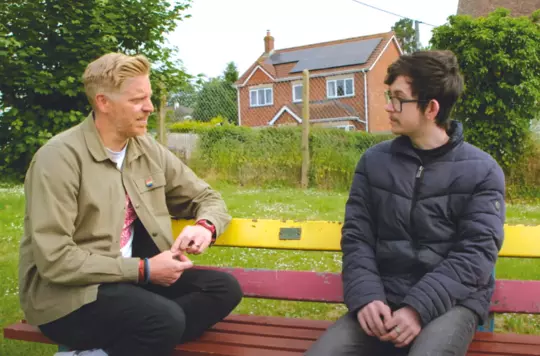
Lyn Woods learns about Starfish from Tracy Wood (Children & Youth Department).
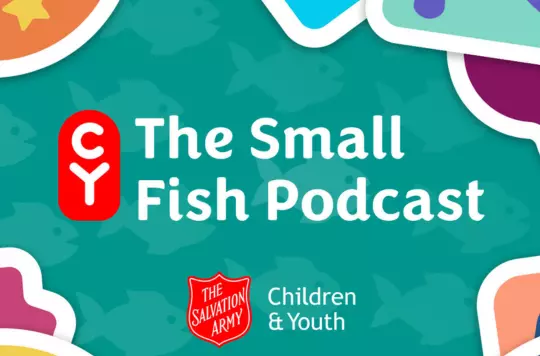
14 five-minute episodes to help children transition from primary to secondary school as they become small fish in a big pond. Now including 14 illustrated video versions.
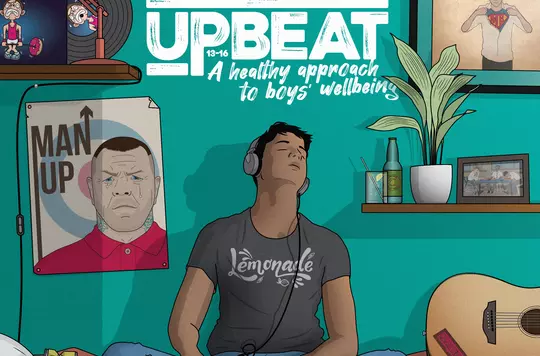
A healthy approach to boys' wellbeing, Upbeat helps 13-16 year old young men develop their emotional literacy.
Resources to Reach Out
Sometimes people may need more encouragement or want to learn more about The Salvation Army before joining in. Highlight the range of events happening at your corps and invite your community to come along using the resources below.
What's next?
- Reach out to your Social Link Prescriber Worker. Find out if there is something missing in your local area where your corps may be able to support. They will also be able to provide you with information to signpost others to if this is needed.
- Track your interactions using ATLAS. The data captured on ATLAS gives the opportunity for data-led responses in particular topics including loneliness. Last year there were over 10,000 interactions linked with ‘loneliness and social isolation’. Data such as this helps to shape future resources and support on offer in local areas.
- Share this work with others in your corps and centres. Encourage others to be more intentional in their social contact, particularly with vulnerable groups.


